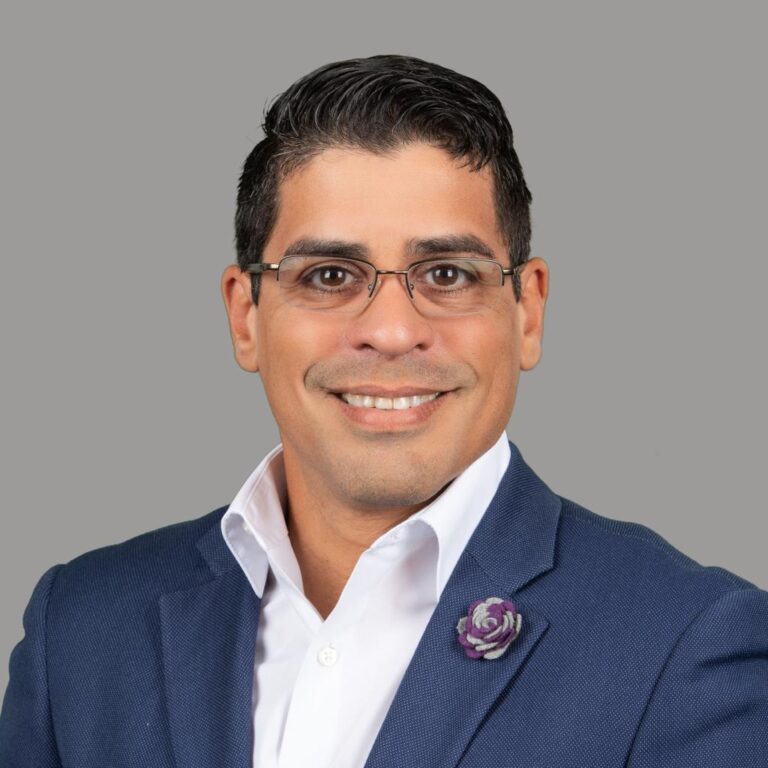
Faculty Profile
Marcos Sanchez-Gonzalez, MD, Ph.D.

Adjunct Professor of Health Services Administration, School of Health Services Administration
-
Teaching Area
Healthcare Administration
-
Education
LECOM Bradenton - MSMEd (Medical Education); Florida State University - Postdoc (Neurocardiology, Psychocardiology); Florida State University - PhD (Exercise & Cardiovascular Physiology); Universidad Iberoamericana, Santo Domingo, Dominican Republic; Pre-medicine (Biology & Chemistry) - MD; Pre-Medicine - University of Puerto Rico, Humacao, PR
-
Campus Location
4800 Lakewood Ranch Blvd., Bradenton, Florida 34211
Biography
Dr. Sanchez-Gonzalez is currently the Vice President for Medical & Scientific Affairs at QHSLab, Inc., where he leads the integration of digital medicine tools and innovative assessments to enhance patient care. With over 18 years of experience in academia and industry, he has made significant contributions to medical education and research.
Previously, Dr. Sanchez-Gonzalez served as the Director of Clinical Research and Continuing Medical Education programs at Larkin Community Hospital (LCH) System, one of the largest teaching hospitals for Osteopathic Physicians in the nation. He developed a program to educate medical residents in research as part of their graduate medical education experience, mentoring over 300 residents in more than 30 specialties. Under his leadership, the team produced over 175 scientific abstracts, papers, and presentations annually.
Dr. Sanchez-Gonzalez has extensive teaching experience at various academic levels, including pre-medical, graduate, and postgraduate medical education. His research interests encompass quality improvement (lean six sigma black belt), patient outcomes, physician burnout, and behavioral cardiovascular medicine. He explores how psychological and psychiatric risk factors influence cardiac autonomic and hemodynamic modulation. He aims to develop comprehensive interventions integrating pharmacotherapy, exercise training, and behavioral treatments digital medicine to ameliorate cardiovascular and psychological risk factors in clinical populations. He has also trained postdoctoral fellows and graduate students in their research projects, theses, and dissertations.
